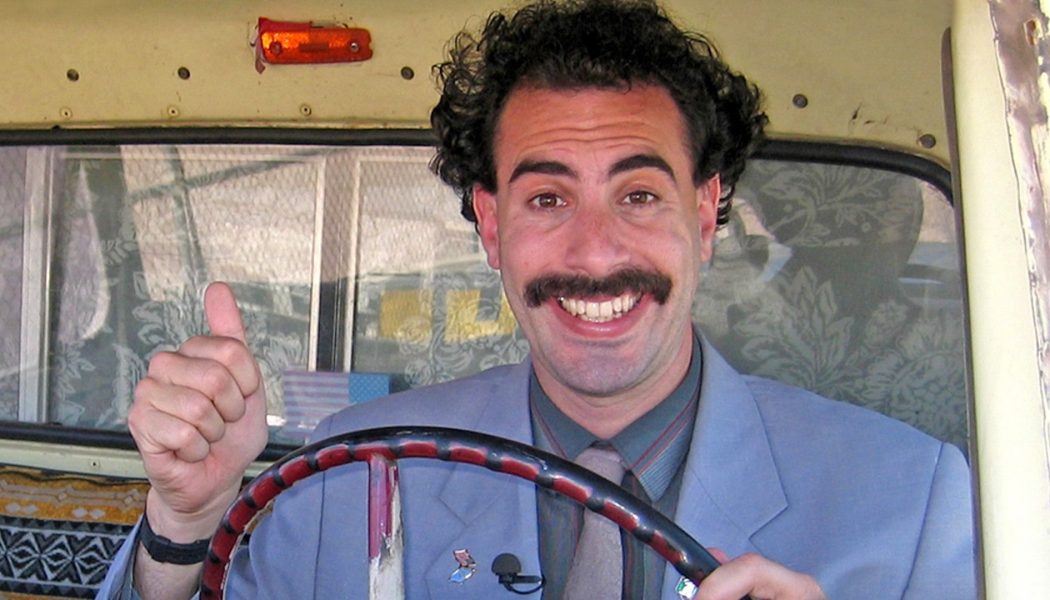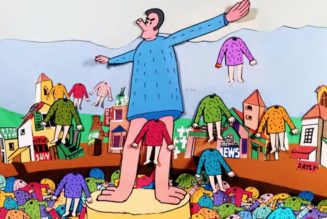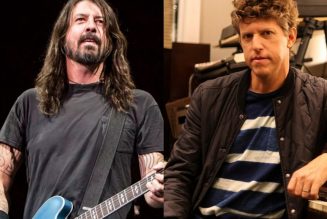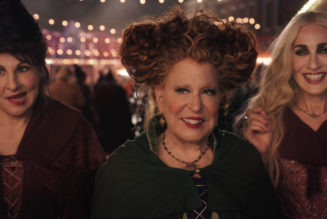
In an interview with The New York Times, Sacha Baron Cohen spoke about his goals for the Borat sequel and what he learned while filming. Speaking to Maureen Dowd, Cohen said the “aim is to make people laugh, but we reveal the dangerous slide to authoritarianism.”
Cohen highlighted the differences between America now and when the original film taped in 2005. “In 2005, you needed a character like Borat who was misogynist, racist, anti-Semitic to get people to reveal their inner prejudices.” But that’s not necessary any more. “Now those inner prejudices are overt. Racists are proud of being racists.’’ He added that President Trump is “an overt racist, an overt fascist,’’ which “allows the rest of society to change their dialogue, too.”
The sequel is titled Borat Subsequent Moviefilm: Delivery of Prodigious Bribe to American Regime For Make Benefit Once Glorious Nation of Kazakhstan, and comes to Amazon Prime on October 23rd. The project’s anti-fascist agenda plays out in a number of different scenes, but in the interview Cohen spoke at length about Borat living with two conspiracy theorists. He called it “the hardest thing I had to do,” adding, “I lived in character for five days in this lockdown house. I was waking up, having breakfast, lunch, dinner, going to sleep as Borat when I lived in a house with these two conspiracy theorists. You can’t have a moment out of character.”
In the first trailer, he’s seen asking the men in question about the coronavirus, who confidently assert that the Democrats are more dangerous than COVID-19. But they don’t come across as whackos. As Cohen said, the experience showed “that they’re ordinary folks who are good people, who have just been fed this diet of lies. They’re completely different to the politicians who are motivated by their own power, who realized that they can create fear by spreading these lies through the most effective propaganda machine in history” — by which he meant social media.
The intersection of tech and fascism has weighed heavily on him over these last few years. After the 2017 white nationalist rally in Charlottesville, Cohen reached out to the director of the Anti-Defamation League, Jonathan Greenblatt. Greenblatt convinced Cohen to give the keynote speech at the 2019 A.D.L. summit, where Cohen lambasted Facebook, Twitter, Google, and YouTube. His scorching 24-minute-address included the line, “If Facebook were around in the 1930s, it would have allowed Hitler to post 30-second ads on his ‘solution’ to the ‘Jewish problem.’”
That moment represented a notable shift for Cohen. Previously, he had always given interviews in-character, preferring to let the satire speak for itself. His keynote speech, he told the Times, “was the first time I’d ever given a major speech in my own voice.”
Editors’ Picks
He thought the moment called for directness. “I felt like I had to ring the alarm bell and say that democracy is in peril this year. I felt, even if it was going to destroy my career and people are going to come at me and say, ‘Just shut up, the last thing we need is another celebrity telling us what to do’ — I fully understand people who do that — I felt I needed to do that to live with myself.”
Cohen is pessimistic about the prospects of another Trump term, wondering if America would “become a democracy in name only, similar to a Turkish democracy or a Russian democracy?” The hope is that the absurdist satire of Borat Subsequent Moviefilm will help.
Cohen can also be seen in Aaron Sorkin’s new film The Trial of the Chicago 7, which is currently streaming on Netflix.










